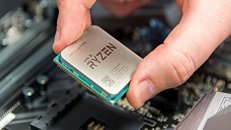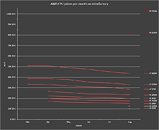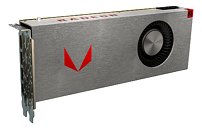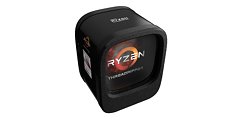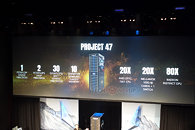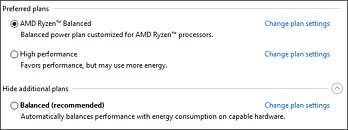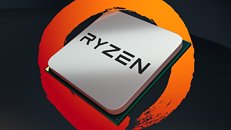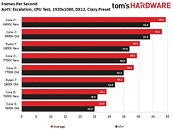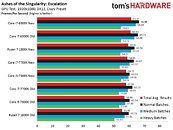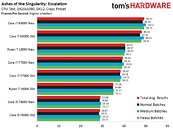Lesson from the Crypto/DRAM Plagues: Build Future-Proof
As someone who does not mine crypto-currency, loves fast computers, and gaming on them, I find the current crypto-currency mining craze using graphics cards nothing short of a plague. It's like war broke out, and your government took away all the things you love from the market. All difficult times teach valuable lessons, and in this case, it is "Save up and build future-proof."
When NVIDIA launched its "Pascal" GPU architecture way back in Summer 2016, and AMD followed up, as a user of 2x GeForce GTX 970 SLI, I did not feel the need to upgrade anything, and planned to skip the Pascal/Polaris/Vega generation, and only upgrade when "Volta" or "Navi" offered something interesting. My pair of GTX 970 cards are backed by a Core i7-4770K processor, and 16 GB of dual-channel DDR3-1866 memory, both of which were considered high-end when I bought them, around 2014-15.
Throughout 2016, my GTX 970 pair ate AAA titles for breakfast. With NVIDIA investing on advancing SLI with the new SLI-HB, and DirectX 12 promising a mixed multi-GPU utopia, I had calculated a rather rosy future for my cards (at least to the point where NVIDIA would keep adding SLI profiles for newer games for my cards to chew through). What I didn't see coming was the inflection point between the decline of multi-GPU and crypto-plague eating away availability of high-end graphics cards at sane prices. That is where we are today.
When NVIDIA launched its "Pascal" GPU architecture way back in Summer 2016, and AMD followed up, as a user of 2x GeForce GTX 970 SLI, I did not feel the need to upgrade anything, and planned to skip the Pascal/Polaris/Vega generation, and only upgrade when "Volta" or "Navi" offered something interesting. My pair of GTX 970 cards are backed by a Core i7-4770K processor, and 16 GB of dual-channel DDR3-1866 memory, both of which were considered high-end when I bought them, around 2014-15.
Throughout 2016, my GTX 970 pair ate AAA titles for breakfast. With NVIDIA investing on advancing SLI with the new SLI-HB, and DirectX 12 promising a mixed multi-GPU utopia, I had calculated a rather rosy future for my cards (at least to the point where NVIDIA would keep adding SLI profiles for newer games for my cards to chew through). What I didn't see coming was the inflection point between the decline of multi-GPU and crypto-plague eating away availability of high-end graphics cards at sane prices. That is where we are today.

